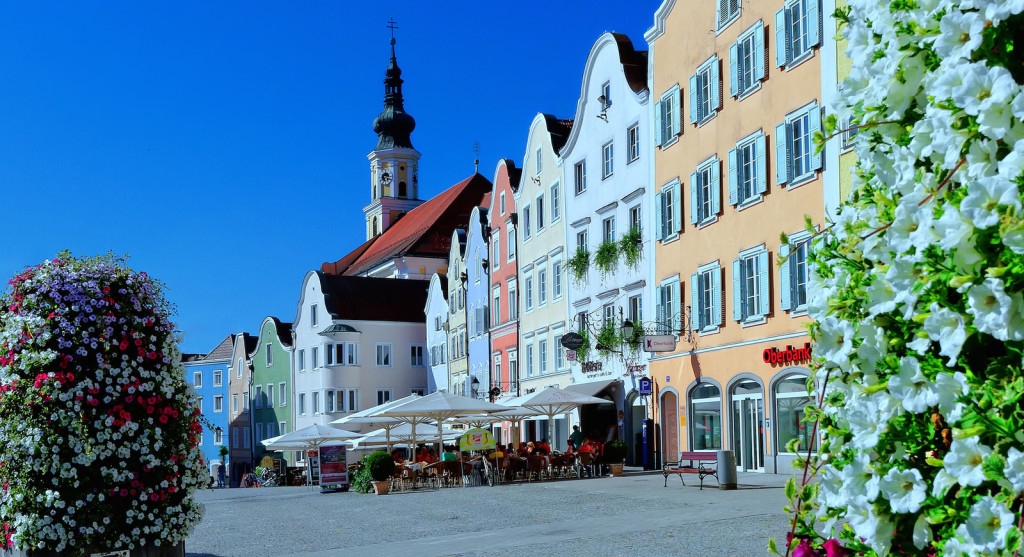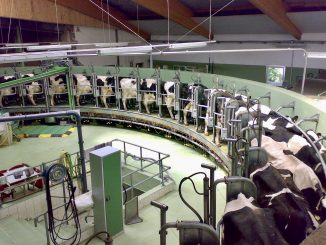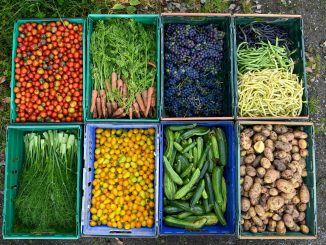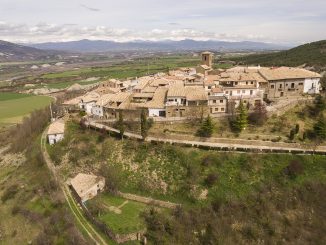Can rural areas step up to help with Europe’s refugee crisis? What is the rural response to climate change? And what are the core issues of inequality between rural and urban regions in the EU?

Find out more in the Austrian town of Schärding for 4-6th November, where rural people from 40 nations will gather to demand a fair deal for their communities throughout Europe.
Socio-economic, political and demographic issues will be examined in this three day event, to be attended by over 250 participants from the Black Sea to the Baltic, Scotland to Corsica.
Topics include the narrowness of rural economies, the lack of good jobs, youth drain, decline in rural services, the suffering of older people, poverty and social exclusion among disadvantaged people and ethnic minorities.
The second European Rural Parliament is the climax of a year-long campaign in 40 European countries to find out what rural people think about their living conditions. The aim of the campaign, launched by three leading European rural networks – European Rural Community Alliance; PREPARE Partnership for Rural Europe; and European LEADER Association for Rural Development – is to strengthen the voice of rural people, to ensure that their interests are reflected in national and European policies, and to promote self-help and cooperation among rural communities.
There is to be talk but also there will be action. Participants will debate the main themes arising from the campaign, and will adopt a European Rural Manifesto setting out an ambitious agenda of policy and action to be pursued over the next few years.
According to organisers, “two issues to be addressed by the Rural Parliament – climate change and refugees – are highly topical.”
In the run-up to the United Nations Conference on Climate Change, rural areas can play a major role in combating climate change and sustaining environmental resources. Over 40 percent of Europe’s land is in forests, which can capture carbon and yield renewable resources of raw material. Rural areas are well placed to meet the growing demand for renewable energy from wind, hydro, solar, heat exchange and woodfuel sources.
The current wave of desperate people from Africa and the Middle East, seeking refuge and new lives in Europe, is provoking thought and action within rural communities. Many rural areas, particularly those with declining population, may be well placed to welcome refugees and other newcomers. But the welcoming process must include the necessary investment in housing, services, infrastructure and job creation.
For more see the event’s website
Rural Parliament feature on ARC2020
LIVESTEAMING
5 NOVEMBER 9.00-11.00
European Rural Parliament 2015 Opening Session
https://www.youtube.com/watch?v=j9jU2OuGxN4 [1]
6 NOVEMBER 9.00-12.30
ERP Plenary Session #1
https://www.youtube.com/watch?v=tnbeujTfAdU [2]
6 NOVEMBER 14.00-17.00
ERP Plenary Session #2
https://www.youtube.com/watch?v=XkQsMXP7pgc [3]






1 Trackback / Pingback
Comments are closed.